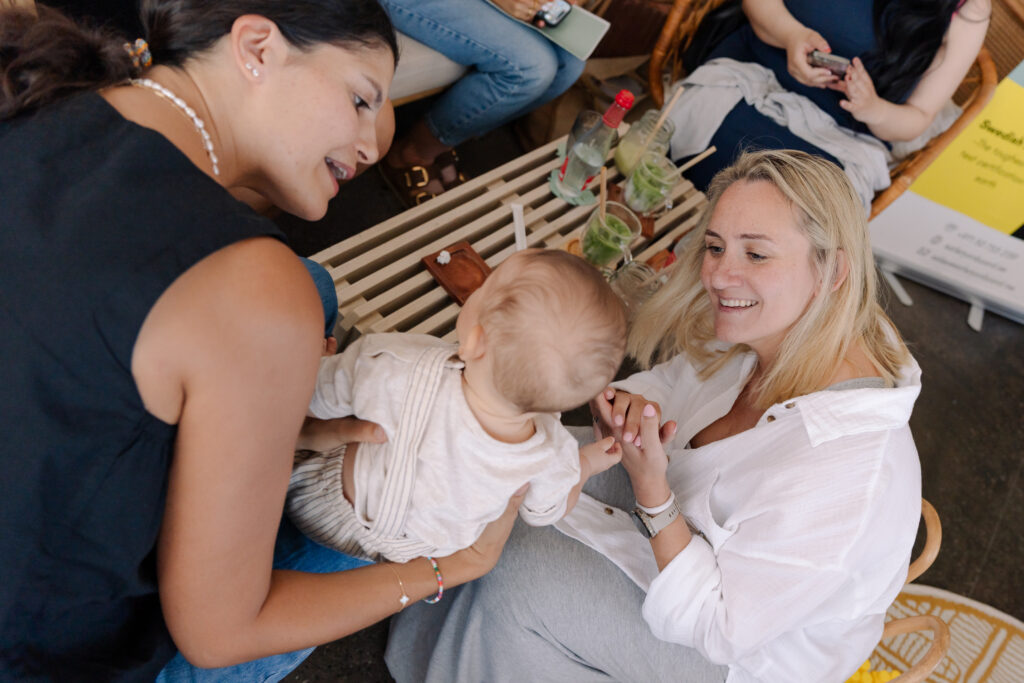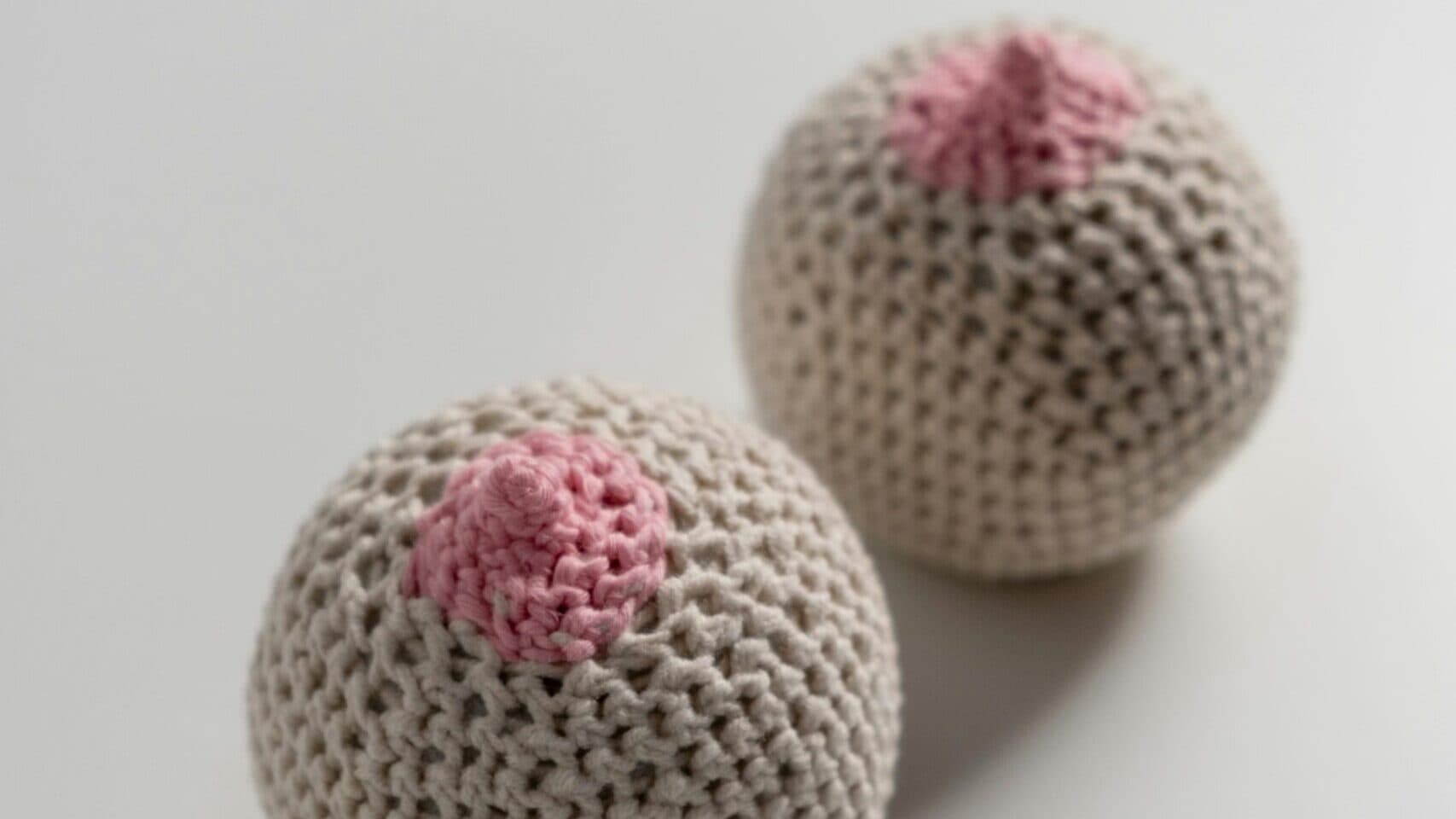What Even Happened to My Sex Life?
Motherhood brings endless surprises – like how it can silently dismantle your sex life. No one warns you that becoming a mum often means losing not just the physical act, but the desire, intimacy, and connection that once felt so effortless. It’s as if a switch flipped the moment your baby arrived, leaving you wondering, ‘What happened to us?’
Sex after children isn’t just complicated; it’s deeply emotional, confusing, and sometimes painful, both physically and emotionally. Yet, it’s rarely discussed honestly, leaving many mums feeling isolated and inadequate.
So let’s talk about it.
The Reality Check: Sex After Birth Isn’t Simple
You birth a human and suddenly… you’re supposed to bounce back into seduction?
When the six-week postpartum check-up passes, the unspoken expectation hovers: it’s time to get back to ‘normal’ (whatever that means). But here’s the real story:
Hormones Go Haywire:
Your estrogen and progesterone levels plummet, drastically affecting your libido and mood. Oxytocin fluctuations mean your body prioritises nurturing over romance.
Physical Trauma:
Whether vaginal birth or C-section, healing is complex. Stitches, scar tissue, vaginal dryness, and pelvic floor issues make sex daunting rather than enticing.
Mental Exhaustion:
You’re in constant survival mode, juggling sleep deprivation, anxiety, and the monumental identity shift of motherhood.
Touched Out Syndrome:
After a day of being pulled at, climbed on, and needed nonstop, intimacy often feels overwhelming instead of comforting.
Yet, society continues to sell the myth of immediate postpartum intimacy, making many women feel guilty for their lack of desire.
Libido? That’s not even in the room. That’s outside the house, driving away.
And yet no one tells you this. Not properly.
You get whispers about ‘it takes time’ and ‘everyone feels different after birth’ – but we don’t say out loud what a gut punch it is to feel no desire. To want closeness but not sex. To love your partner and still flinch when they touch your thigh.
The Invisible Weight of Resentment
Resentment sneaks in quietly, settling in when you feel like you’re carrying more than your fair share. The late-night feeds, endless laundry, and emotional labour all pile up, until even the idea of intimacy feels like just another thing on your to-do list.
So when your partner suggests sex, it’s not passion you feel — it’s frustration. Not because you don’t care, but because you’re utterly, soul-deep exhausted. And that simmering tension? It doesn’t always come out as sadness. Sometimes, it explodes as rage — the kind we dive into more deeply in this blog on Mum Rage. It’s not a flaw. It’s a signal that something needs shifting.

Physical Realities No One Warns You About
Sex might hurt. A lot.
If you had tearing, a C-section scar, vaginal dryness, or pelvic floor dysfunction? Penetration can feel like your body’s saying a hard no. But many of us don’t even know pelvic physios exist. We’re told it’s normal. Expected. Something to just push through.
Sex postpartum isn’t just emotional – it can be physically challenging. Up to 60% of women experience pain during postpartum sex due to:
Vaginal dryness
Scar tissue from tears or episiotomies
Pelvic floor dysfunction
Yet, most women aren’t informed about pelvic physiotherapy, a highly effective solution for postpartum pain. The narrative that pain is normal and something to ‘just push through’ needs to end.
You shouldn’t be wincing through it or crying in the shower after.
You deserve a body that feels safe. And pleasure that isn’t just for someone else.
Emotional Intimacy vs. Sexual Intimacy
Sometimes, what you truly crave isn’t sex – it’s feeling seen, understood, and connected. Small gestures like a lingering hug, a genuine conversation, or simple affection can rebuild intimacy more effectively than pressured sex.
The reality is, the shift to parenting changes your relationship dynamic profoundly, often leading you to feel more like roommates or co-managers than lovers. This doesn’t mean the love is gone; it means your relationship needs recalibration.
Understanding the Research: What Science Says
Research consistently shows that postpartum sexuality is profoundly impacted by hormonal, emotional, and physical changes. A 2020 study published in the Journal of Sexual Medicine highlighted that nearly 75% of postpartum women experienced reduced sexual desire, with hormonal shifts and fatigue being the primary culprits.
Pelvic floor issues, often overlooked, are alarmingly common. According to research from the American College of Obstetricians and Gynecologists (ACOG), approximately one-third of postpartum women report persistent pain during intercourse, lasting up to a year after childbirth. Despite this, fewer than 20% seek professional help, largely due to stigma and lack of awareness.
Reclaiming Sexual Health Postpartum: Practical Steps

Here’s what evidence-based research suggests can help:
Pelvic Floor Physiotherapy:
Shown to significantly reduce pain and discomfort, pelvic therapy can enhance physical recovery, allowing intimacy to feel less intimidating and more enjoyable.
Hormonal Health:
Understanding and managing hormonal fluctuations through medical consultation can greatly impact mood and libido positively.
Prioritising Rest and Recovery:
Research underscores the importance of sleep and stress management as foundational elements in regaining libido and emotional wellness postpartum.
Supporting Your Partner Through Postpartum Intimacy Struggles
Scientific studies also emphasise partner support’s crucial role in postpartum sexual health. Effective ways partners can help include:
Open Communication:
Creating safe spaces for discussing feelings and fears without judgment or immediate solutions.
Practical Support:
Actively sharing childcare responsibilities and household tasks can significantly decrease stress and exhaustion levels, making emotional and physical intimacy more attainable.
Patience and Understanding:
Acknowledging the extended time required for emotional and physical healing postpartum, allowing intimacy to rebuild naturally.
Just Know You’re Transforming
If intimacy after kids feels impossible right now, know this: you’re not failing your partner or yourself. You’re navigating a complex, deeply personal transformation – one that deserves patience, compassion, and genuine support.
Eklektik Mama is here precisely for these conversations – the ones nobody else is having. This is your space to be unfiltered, honest, and truly heard. Because pretending everything’s fine helps no one, but authenticity does.

We see you. We hear you. You’re absolutely not alone.









